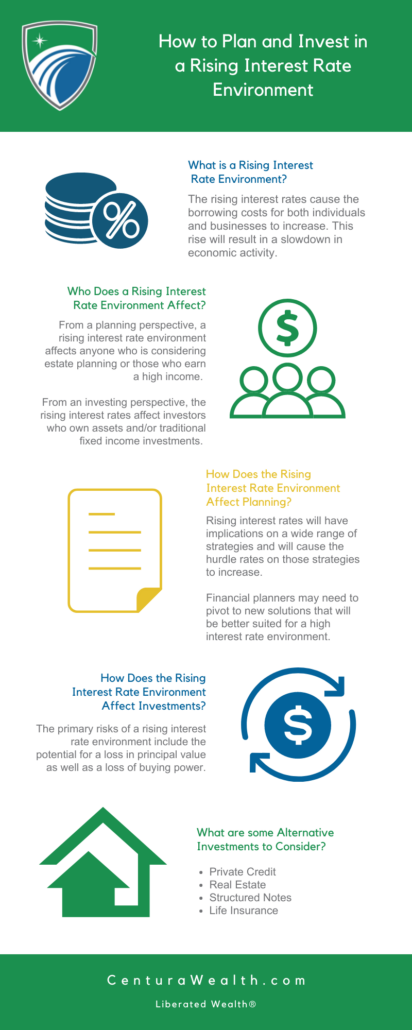Pass-through entities are a popular business structure for small business owners that allow profits and losses to pass through to the owners’ personal tax returns instead of being taxed at the corporate level.
In Episode 70 of the Live Life Liberated podcast, Chuck Levun, a tax and business attorney with Levun, Goodman and Cohen, shares his expertise on pass-through entities with host Kyle Malmstrom. The podcast covers a range of topics related to pass-through entities, including S corps, LLCs, partnerships, and more. Chuck offers insights into the advantages and disadvantages of each structure and how to choose the right one for your business.
This blog highlights the limitations and drawbacks of S corporations compared to partnerships and LLCs, as discussed by Chuck and Kyle in the podcast, and emphasizes the importance of tax planning for small business owners. Whether you’re just starting out or have been running a successful business for years, there’s always more to learn about how to minimize your tax liability and maximize your profitability.
What Are Pass-Through Entities?
Pass-through entities are designed to “pass through” income, deductions, and tax liabilities to individual owners or partners. Unlike traditional corporations, which are subject to corporate-level taxes, pass-through entities avoid double taxation, simplifying the tax process and often reducing overall tax burdens.
Types of Pass-Through Entities
- S Corporations (S Corps): Offer limited liability protection and avoid corporate taxation but come with strict ownership and operational rules.
- Limited Liability Companies (LLCs): Combine liability protection with operational flexibility.
- Partnerships: Provide flexibility in ownership, management, and tax deductions.
Each structure has its own strengths and limitations, making it critical for business owners to evaluate their unique needs before making a choice.
Comparing Pass-Through Entity Types
S Corporations
S corporations combine limited liability protection with the tax benefits of a pass-through structure. Shareholders report profits and losses on their personal tax returns, avoiding corporate taxes. However, S corporations come with notable limitations:
- Ownership Restrictions: S corporations can only have up to 100 shareholders, and shareholders must be U.S. citizens, resident aliens, or certain types of trusts.
- Loss Deductions: Loss deductions are limited to the shareholder’s basis, which excludes debt. This restriction can limit the ability to offset losses.
- Compliance Requirements: S corporations face stricter rules regarding ownership structure and operational practices.
Partnerships and LLCs
Partnerships and LLCs offer significantly more flexibility in terms of ownership, management, and tax treatment. Key advantages include:
- Broad Ownership: These entities allow for a wider range of investors, including individuals, corporations, and foreign entities.
- Debt in Basis: Debt is included in the owner’s basis, allowing for greater loss deductions and more flexible debt management.
- Adaptable Structure: Partnerships and LLCs are less restricted by regulations, making them ideal for businesses that need to pivot or grow quickly.
For businesses involved in real estate, partnerships and LLCs often provide smoother refinancing options and greater ease in managing cash flow without triggering additional tax liabilities.
Key Considerations for Business Owners
When choosing a pass-through entity, it’s important to consider several factors:
- Ownership Flexibility: Partnerships and LLCs allow diverse ownership structures, making it easier to bring in capital or new partners.
- Loss Deduction and Debt Management: Partnerships and LLCs provide better options for deducting losses and managing debt compared to S corporations.
- Regulatory Simplicity: Partnerships and LLCs are less regulated than S corporations, offering more adaptable frameworks for businesses needing to pivot or scale.
Benefits of Tax Planning and Choosing the Right Entity
Careful tax planning is critical when selecting the right business structure. By evaluating the advantages and disadvantages of each entity type, business owners can minimize their tax liability and maximize profitability. For instance, partnerships and LLCs often allow for more strategic use of debt and losses, while S corporations may provide simplicity for smaller businesses with limited ownership needs.
Avoiding Common Mistakes with Pass-Through Entities
Mistakes in entity selection can lead to unnecessary tax burdens, compliance challenges, or operational inefficiencies. To avoid these pitfalls:
- Understand Ownership Rules: If your business plans to bring in outside investors, partnerships or LLCs may be a better fit than S corporations.
- Factor in Real Estate Holdings: For businesses holding real estate, partnerships and LLCs are typically more advantageous due to their treatment of debt and refinancing.
- Plan for Future Growth: Choose a structure that aligns with your long-term goals, whether that means raising capital, expanding operations, or managing tax obligations effectively.
Why Professional Guidance Matters
The intricacies of pass-through entities require careful consideration, particularly for businesses with complex operations or growth plans. Working with a tax professional or business consultant ensures you fully understand the implications of your chosen structure and can plan effectively for the future. Their expertise can also help you navigate ever-changing tax laws and regulations.
Connect With Centura
At Centura Wealth Advisory, we go beyond a traditional multi-family office wealth management firm to offer advanced tax and estate planning solutions which traditional wealth managers often lack in expertise, knowledge, or resources to offer their clients.
We invest heavily into technology and systems to provide our clients with fully transparent reporting and tools to make informed decisions around their wealth plan.
Read on to learn more about our 5-Step Liberated Wealth Process and how Centura can help you liberate your wealth.
Disclosures
Centura Wealth does not make any representations as to the accuracy, timeliness, suitability, or completeness of any information prepared by any unaffiliated third party, whether linked to or incorporated herein. All such information is provided solely for convenience purposes and all users thereof should be guided accordingly.
We are neither your attorneys nor your accountants and no portion of this material should be interpreted by you as legal, accounting, or tax advice. We recommend that you seek the advice of a qualified attorney and accountant.
For additional information about Centura, please request our disclosure brochure as set forth on Form ADV using the contact information set forth herein, or refer to the Investment Adviser Public Disclosure website (www.adviserinfo.sec.gov). Please read the disclosure statement carefully before you engage our firm for advisory services.











